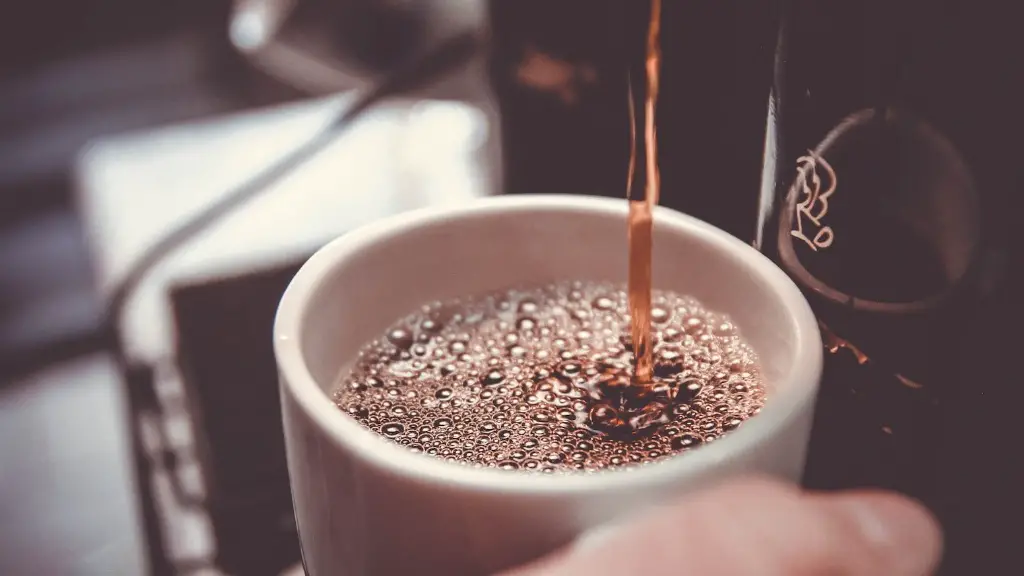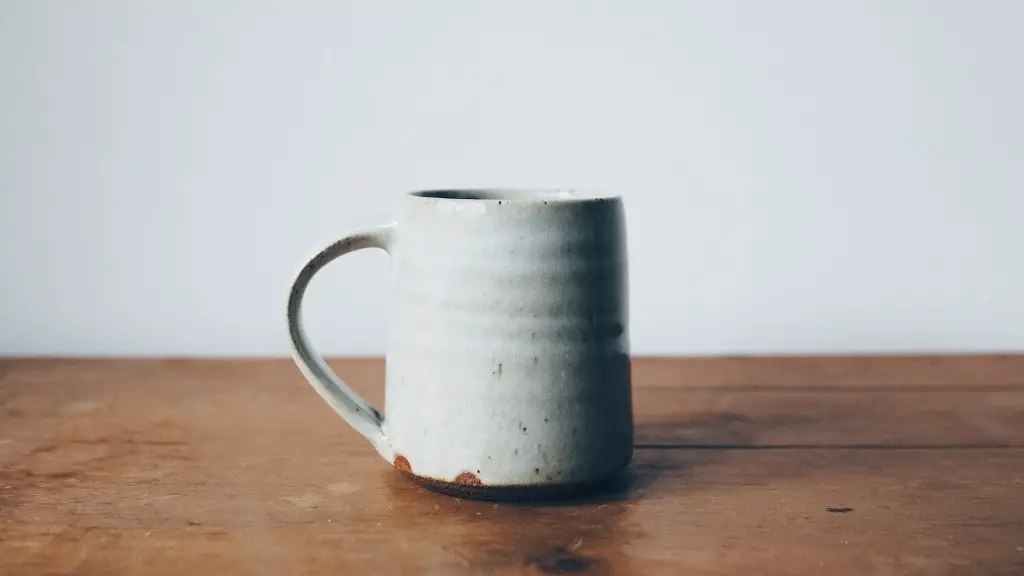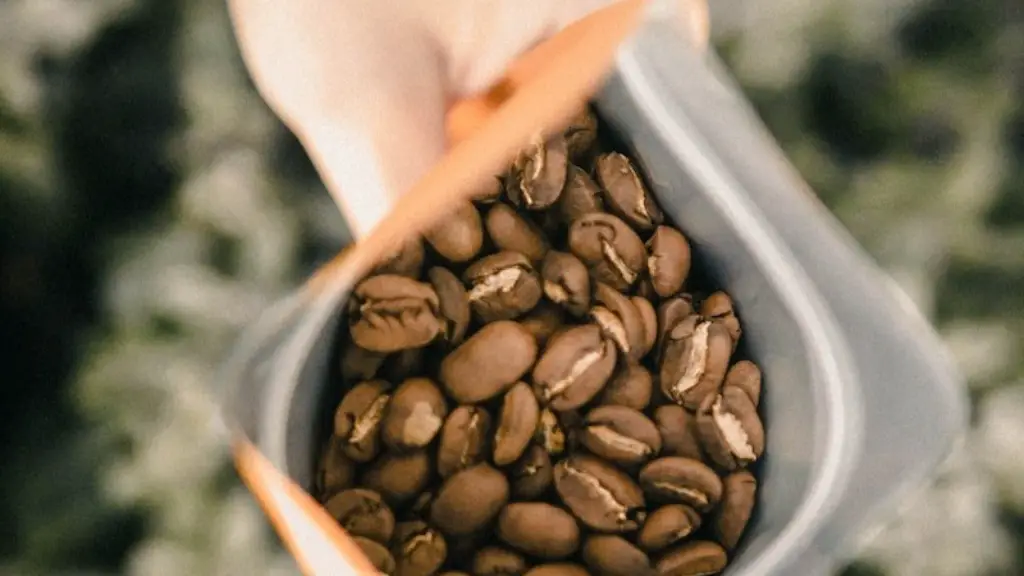Coffee Before Bed: Is it Safe?
Almost everyone drinks coffee, especially in the morning. It’s a part of our daily morning routine to refresh us and give us the energy to tackle the day ahead. However, some people tend to drink coffee even before they go to bed. Is it really okay to drink coffee late in the evening? Is it really safe for your body? Here we will look at some of the risks of drinking coffee before bed, as well as what experts have to say about it.
To begin, we must understand how our bodies are affected by coffee. Caffeine is a stimulant that can boost your alertness and make you more energetic. It can also cause increased heart rate and elevated blood pressure. When consumed late in the day, it can interfere with your sleep routine. This can lead to difficulty falling asleep and staying asleep.
In addition, caffeine has a half-life of around 3-5 hours. This means that it takes around 3-5 hours for its effects to decrease by half. So even if you drink coffee late in the day, its effects will still be felt late into the night. This can also impact sleep quality. On top of this, caffeine can also act as a diuretic, which can result in frequent bathroom trips during the night.
Experts are generally in agreement that it is best to avoid late night coffee consumption. It is recommended that we should stop drinking coffee at least 6-8 hours before bedtime. This way the effects of caffeine can be minimized and it won’t interfere with your sleep patterns. It’s also important to note that the amount of caffeine you consume also matters. Consuming more than 400mg of caffeine in a day can lead to unpleasant side effects, such as anxiety and jitteriness. Therefore, it’s best to limit your caffeine intake to avoid adverse effects.
It’s worth mentioning that coffee isn’t the only source of caffeine. Many energy drinks, sodas, and even teas contain caffeine. So if you’re looking to avoid caffeine late at night, you’ll need to be aware of the other sources of caffeine.
Are There Any Benefits?
While experts generally advise against drinking coffee late at night, there are some potential benefits to drinking coffee before bed. For example, coffee can help suppress appetite at night, making it easier to maintain a healthy diet. Coffee can also provide an extra boost when studying or working late at night. Finally, it can help reduce stress and make it easier for some people to fall asleep.
Of course, these benefits are greatly outweighed by the potential risks involved with drinking coffee late at night. Therefore, it is best to avoid drinking coffee close to bedtime, even if there are some potential benefits.
The Bottom Line
Overall, it is best to avoid drinking coffee late at night. Caffeine can cause increased heart rate and elevated blood pressure and interfere with sleep patterns. Its effects can also be felt late into the night, resulting in poor sleep quality. In addition, caffeine can have unpleasant side effects if consumed in excess. Therefore, it’s best to limit your caffeine intake to avoid adverse effects. Finally, if you’re looking to avoid caffeine late at night, you’ll need to be aware of other sources such as sodas, energy drinks, and even teas.
What About Decaf?
Decaffeinated coffee is a great way for those who want to avoid the effects of caffeine. It has a much lower percent of caffeine, usually around 2-5%. Therefore, it will not interfere with your sleep cycle. In addition, while decaf still has a small amount of caffeine, it still retains a lot of the same health benefits that regular coffee contains. These include antioxidants and anti-inflammatory properties, as well as potential protection against diseases such as cancer and type 2 diabetes.
Decaffeinated coffee is also safer for those who are sensitive to caffeine. It may not be as effective for providing energy and staying alert, but for those who are looking for a relaxing nighttime drink without the effects of caffeine, decaffeinated coffee is a great option.
Caffeine Alternatives
For those who are looking to avoid caffeine altogether, there are a few alternatives. Herbal teas are not only a great way to unwind at the end of the day, but they don’t contain any caffeine. Popular herbal teas include chamomile, peppermint, and lavender. There are also several non-caffeinated drinks available such as kombucha, sparkling water, and various fruit juices.
Milk is also a great bedtime drink. Not only is it a great source of protein and healthy fats, but it also contains tryptophan, a calming amino acid that helps induce sleep. Milk also contains calcium and magnesium, two minerals that can promote relaxation and reduce stress. So if you’re looking for a good nighttime drink, milk can be a great option.
Final Thoughts
In conclusion, it is generally not recommended to drink coffee late at night as it can interfere with sleep patterns and increase your risk of health problems. There are, however, a few potential benefits to drinking coffee before bed such as suppressing appetite and reducing stress. Decaffeinated coffee and other alternatives such as herbal teas and milk are a great way to unwind at the end of the day without any of the adverse effects of caffeine.



